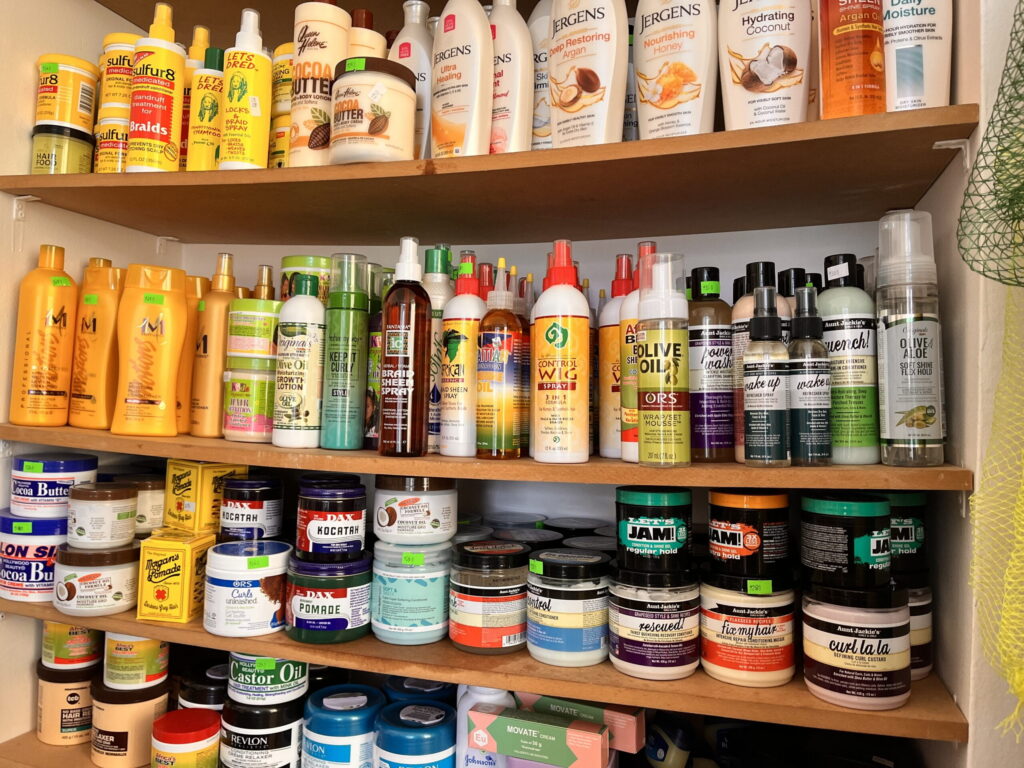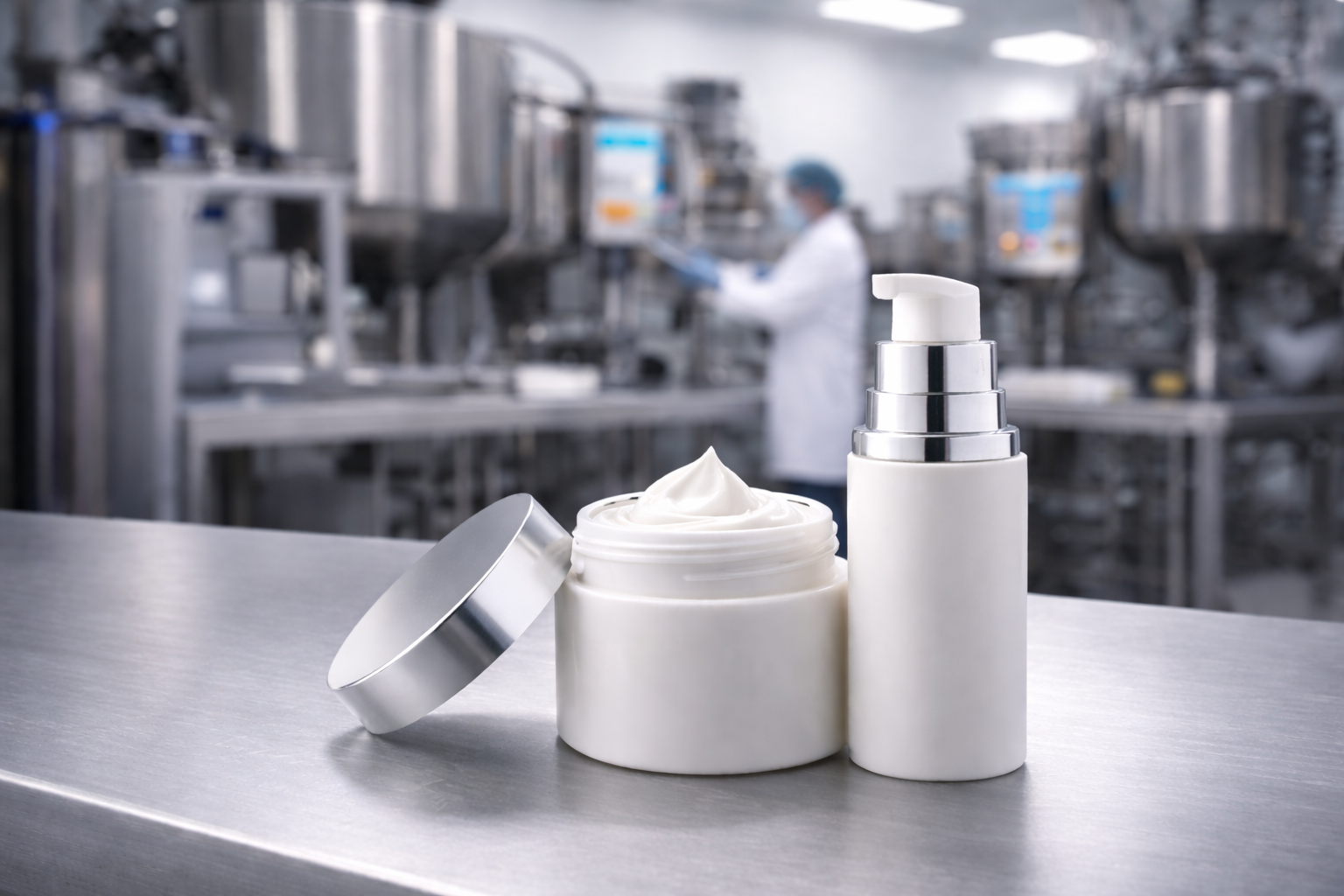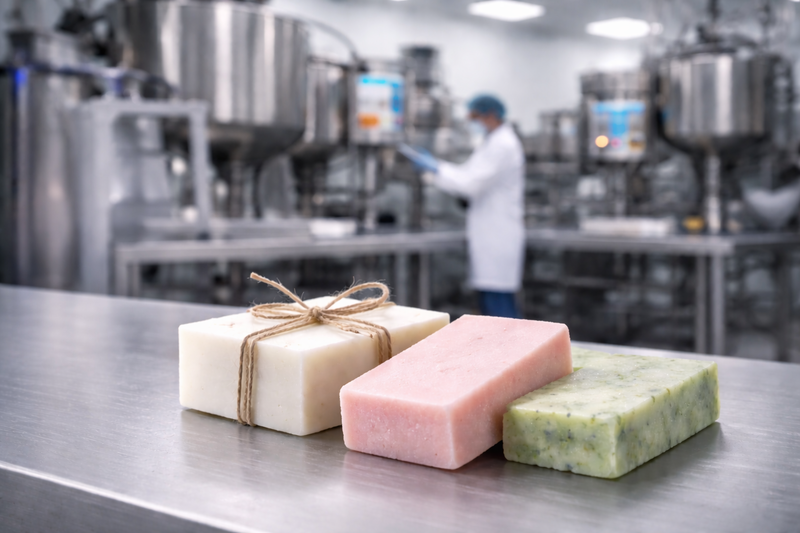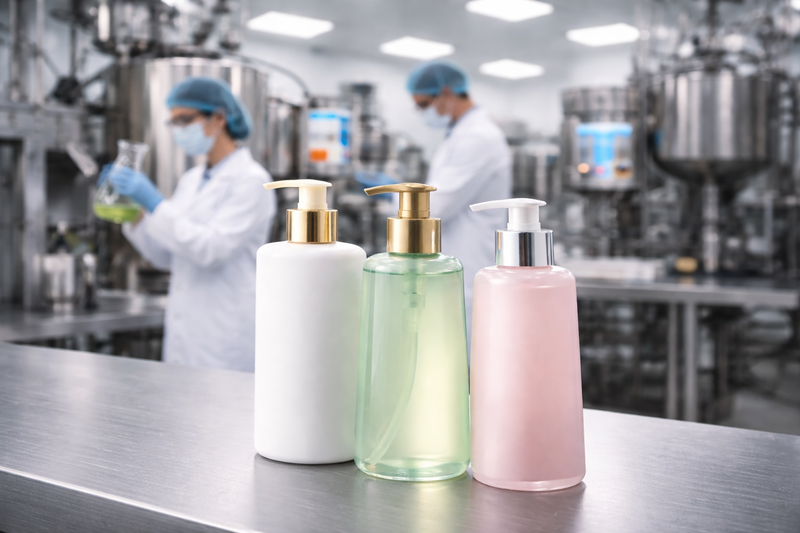Features of ingredients in best-selling shampoos in Africa

The African hair care market has evolved rapidly over the past decade, with consumers becoming increasingly knowledgeable about product ingredients and performance. Shampoos are no longer just cleansing agents—they are a blend of science, nature, and culture. In this article, we’ll explore the key ingredients behind the best-selling shampoos in Africa, their unique benefits for different hair types, and what brands should know when working with shampoo manufacturers.
1. The Growing Shampoo Market in Africa
Across Africa, consumers are seeking shampoos that combine natural ingredients with effective hair solutions for local climates and textures. The market is driven by the need to manage curly, coily, and kinky hair types that require deep hydration and protection against breakage.
Countries like Nigeria, South Africa, Kenya, and Ghana lead in shampoo sales, but emerging regions such as Ethiopia, Uganda, and Côte d’Ivoire are seeing rising demand for premium and herbal formulations. African consumers increasingly prefer sulfate-free, paraben-free, and silicone-free options that protect natural hair and preserve scalp health.
2. Key Features of Ingredients in Best-Selling Shampoos
a. Natural Oils for Moisture and Strength
Top-selling African shampoos often include argan oil, shea butter, coconut oil, and baobab oil.
Argan oil adds shine and hydration.
Coconut oil deeply nourishes and helps detangle coily hair.
Shea butter strengthens weak strands and provides intense moisture.
Baobab oil, native to Africa, is rich in omega fatty acids that repair and protect hair.
b. Botanical Extracts and Herbs
Herbal ingredients like aloe vera, moringa, tea tree, and hibiscus offer scalp care and hair rejuvenation.
Aloe vera soothes irritation and hydrates.
Moringa delivers vitamins A and E for hair growth.
Tea tree reduces dandruff and itching.
Hibiscus extract promotes volume and natural sheen.
c. Proteins and Vitamins for Repair
Proteins such as keratin, silk, and wheat protein help rebuild damaged strands, while biotin and panthenol (vitamin B5) improve elasticity and strength. These ingredients are essential in shampoos marketed for chemically treated or heat-damaged hair.
d. Gentle Cleansers and Sulfate Alternatives
African consumers are turning toward mild surfactants like cocamidopropyl betaine, sodium cocoyl isethionate, or decyl glucoside—cleansing agents derived from coconut or sugar. These maintain scalp balance without stripping natural oils, a key factor for dry climates.
3. Formulation Trends in African Hair Care
Modern African shampoos embrace a balance between science and heritage. The following trends dominate the market:
Herbal and organic claims: “Made with African ingredients” appeals strongly to local pride.
Inclusive hair-type targeting: Products cater to 3C to 4C textures.
Multifunctional formulas: Shampoo + conditioner hybrids are growing in popularity.
Eco-conscious packaging: Consumers favor brands using recyclable bottles and minimal plastic.
4. The Importance of pH Balance and Scalp Health
A balanced pH of 4.5–5.5 ensures scalp comfort and hair cuticle protection. Brands prioritizing scalp-friendly formulations with zinc pyrithione or niacinamide win consumer loyalty in regions prone to dandruff or dry scalp issues.
5. Partnering with the Right Shampoo Manufacturer
Finding the right shampoo manufacturer is crucial for brand success—especially when formulating for African hair types and regional preferences.
Xiangxiang Daily: Your Reliable Manufacturing Partner
At Xiangxiang Daily, we are a trusted personal care and cosmetic manufacturer specializing in body care, hair care, and skin care. Our hair care line includes shampoos, conditioners, hair oils, masks, scalp treatments, waxes, and sprays.
We hold international certifications, including GMP, ISO, and FDA-compliant production standards, ensuring safety and quality for every product. Our R&D team develops custom shampoo formulations tailored to African market demands—rich in natural oils, herbal actives, and eco-friendly surfactants.
Elevate Your Brand, Grow Your Sales
R&D support, stability testing, and compliance files aligned to your launch calendar—shortening time-to-market and accelerating revenue.
What to Consider When Choosing a Shampoo Manufacturer
Certification & Compliance: Ensure the factory follows GMP and ISO standards for safety.
Ingredient Expertise: Manufacturers should understand African hair textures and ingredient synergy.
Custom Formulation Support: Choose a partner offering private label or OEM/ODM services.
Production Capacity: Verify the ability to scale up as your brand grows.
Sustainability Practices: Modern consumers value ethical sourcing and eco packaging.
6. Conclusion
The success of best-selling shampoos in Africa lies in their ingredient integrity and cultural connection. From baobab oil to hibiscus extract, each component plays a vital role in nourishing hair and supporting local identity.
Partnering with a professional manufacturer like Xiangxiang Daily can turn your vision into a top-selling reality. With advanced facilities, strong R&D capabilities, and a commitment to quality, we help global and African brands create shampoos that truly perform—and resonate with consumers.
7. Frequently Asked Questions (FAQ)
Q1: What makes African shampoos unique?
African shampoos often include moisture-rich and plant-based ingredients designed to care for curly, coily, and natural hair types common across the continent.
Q2: Are sulfate-free shampoos better for African hair?
Yes, sulfate-free formulas are gentler and help retain natural oils, preventing dryness and breakage.
Q3: Can Xiangxiang Daily customize shampoo formulas for different markets?
Absolutely. We offer full OEM/ODM customization, including fragrance, texture, color, and packaging, to meet local market needs.
Q4: How long does it take to develop a private label shampoo?
Typically, it takes 30–60 days from formula confirmation to final production, depending on packaging and formulation complexity.
Q5: What certifications does Xiangxiang Daily hold?
We are GMP, ISO, and FDA certified, ensuring strict quality and safety standards for every product batch.
Table of Contents
Latest Blog Posts
Check out the latest industry trends and take inspiration from our updated blogs, giving you a fresh insight to help boost your business.



